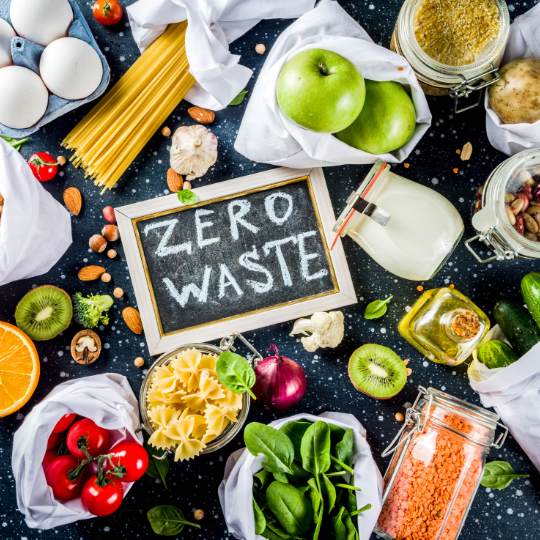
From Spoils to Soil to Create Wealth for Our Planet
Table of Contents
In our modern age of consumption, there lies an opportunity for transformation – the shift from spoils to soil, waste has become an ever-growing problem. From disposable plastics to food scraps, our throwaway culture has burdened the planet with mountains of garbage, polluting our oceans, degrading our landscapes, and harming wildlife.
The journey from waste to soil represents a fundamental change in how we perceive and manage our resources. It’s a journey that requires innovation, collaboration, and a commitment to sustainability. Here, we explore the significance of this transition and the promising initiatives driving it forward.
Rethinking Waste: A Concept Shift
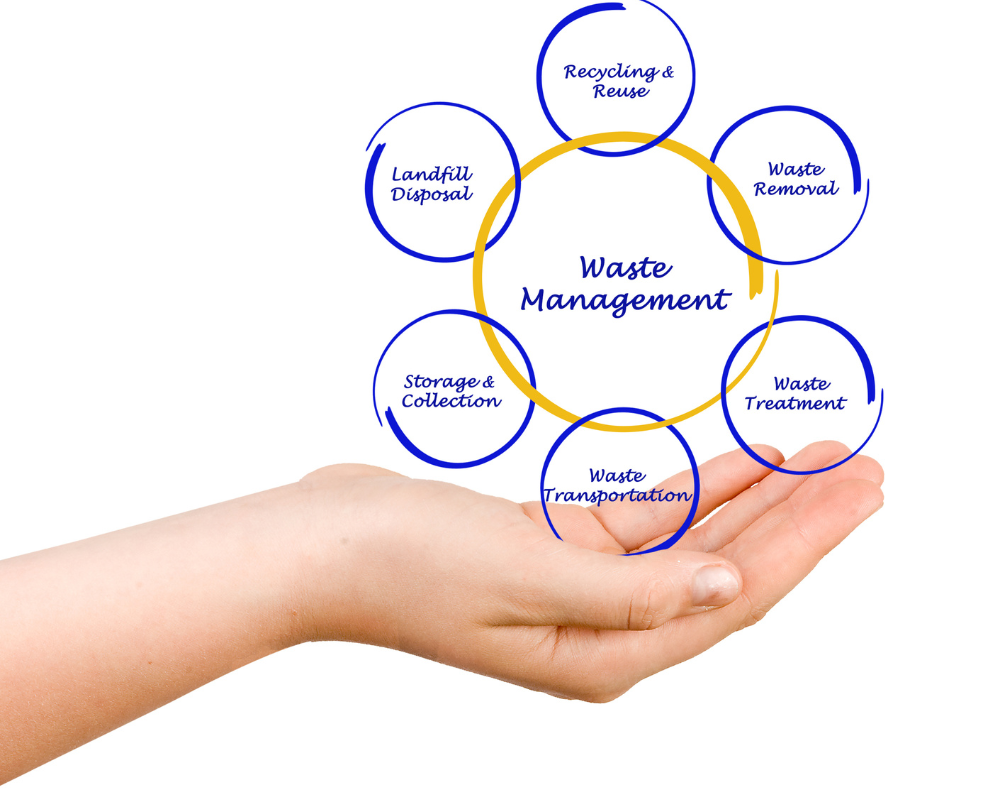
For too long, waste has been viewed as a problem to be disposed of rather than a resource to be utilized. Our linear model of consumption, where products are made, used, and discarded, is inherently unsustainable. It perpetuates a cycle of waste generation and environmental degradation, putting immense pressure on ecosystems and contributing to climate change.
However, the concept of a circular economy offers a compelling alternative. Rooted in the principles of reduce, reuse, recycle, and regenerate, a circular economy aims to close the loop of resource consumption by designing out waste and pollution, keeping products and materials in use, and regenerating natural systems.
The Rise of Sustainable Practices
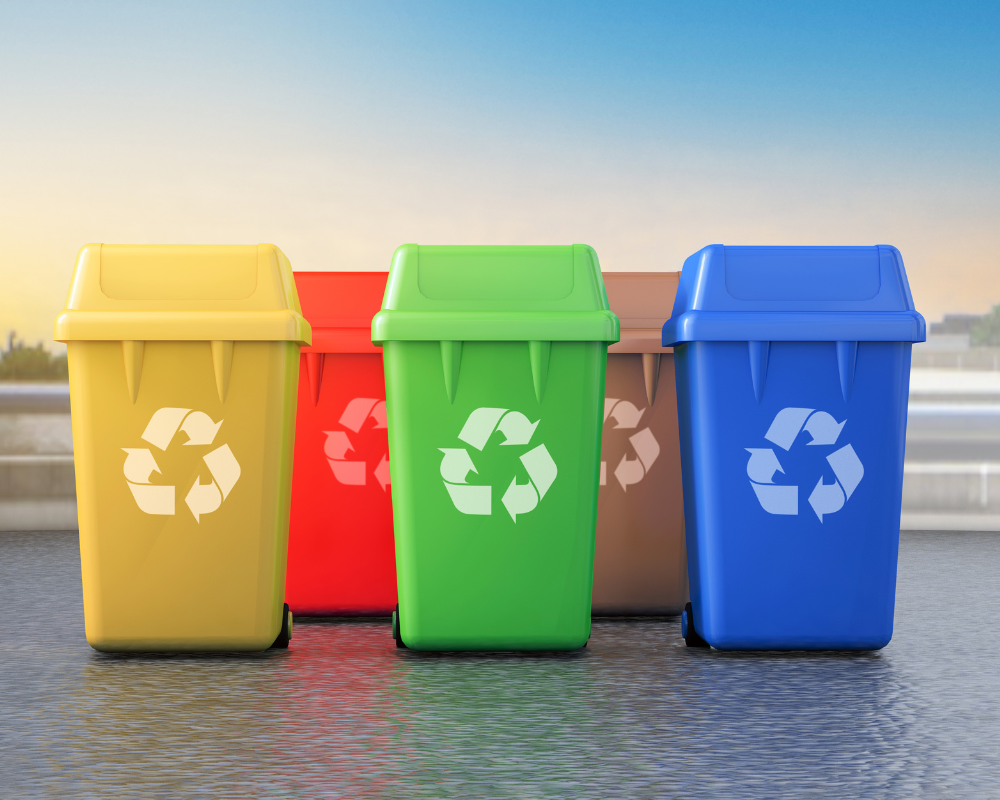
Across the globe, initiatives are emerging to tackle the zero waste crisis and promote a more sustainable future. From innovative recycling technologies to community-driven composting process programmes, these efforts are reshaping our relationship with waste and demonstrating the potential of turning spoils into soil.
Recycling Innovations: Advances in recycling technologies are enabling us to extract value from waste streams that were once considered non-recyclable. From plastic waste, cardboard and paper to electronic components, new processes are recovering materials for reuse in manufacturing, reducing the demand for virgin resources and mitigating environmental impact.
Organic Waste Management: Leftover food waste disposal, organic matter and vegetable scraps in particular, represent a significant challenge accounting for a substantial portion of global landfill volume and greenhouse methane emissions. Composting bin initiatives, both at the household and industrial level, are diverting the fate of organic waste materials from landfills and transforming it into nutrient-rich healthy soil amendments for agriculture and landscaping.
Upcycling and Repurposing: The concept of upcycling emphasizes creative reuse, transforming discarded materials and garbage disposal into new products of higher value. From reclaimed wood furniture, heavy metals to upcycled fashion, entrepreneurs and artisans are demonstrating the potential to breathe new life into old materials while reducing the demand for virgin resources.
Creating a Home Compost Bin
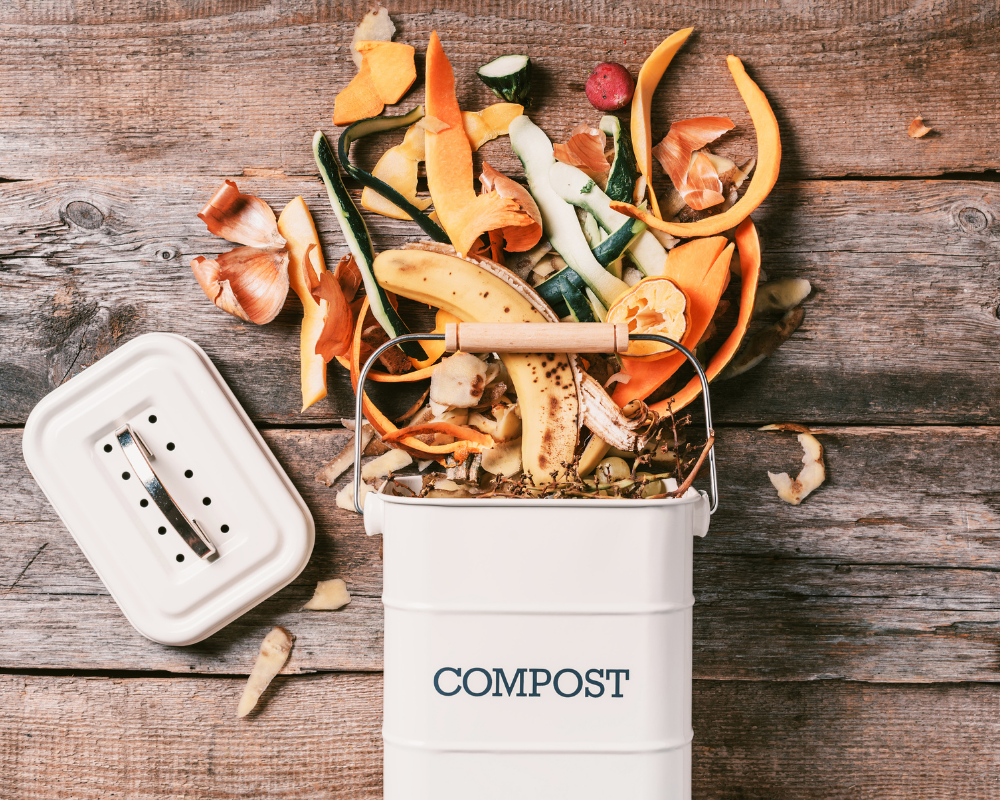
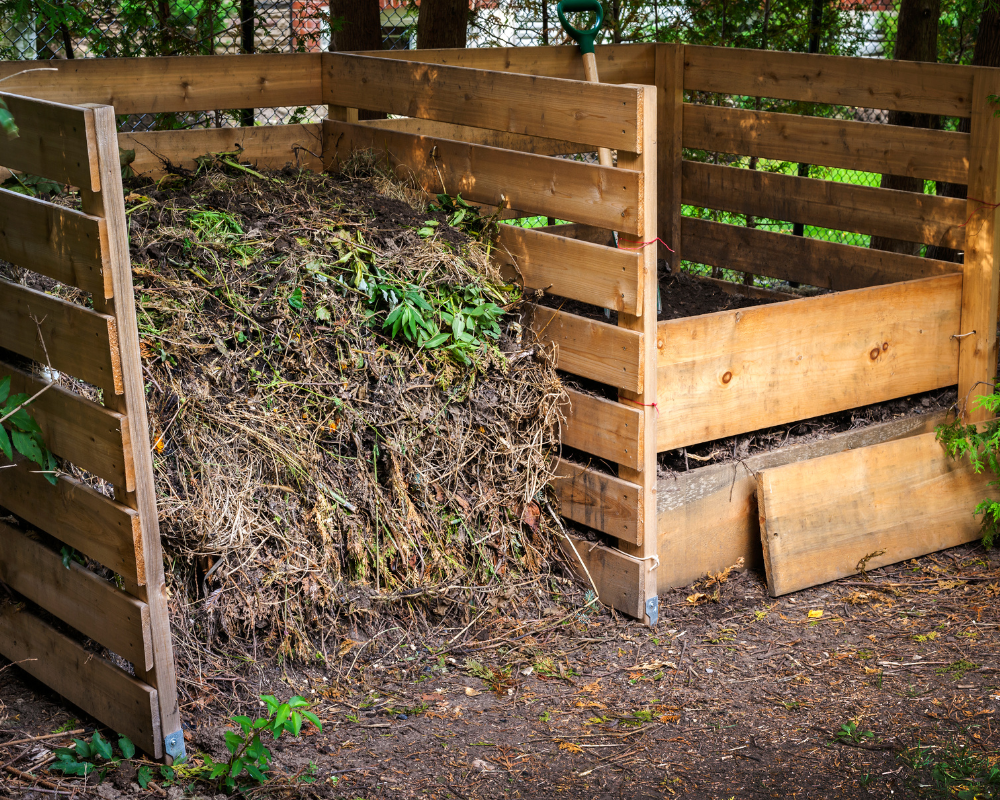
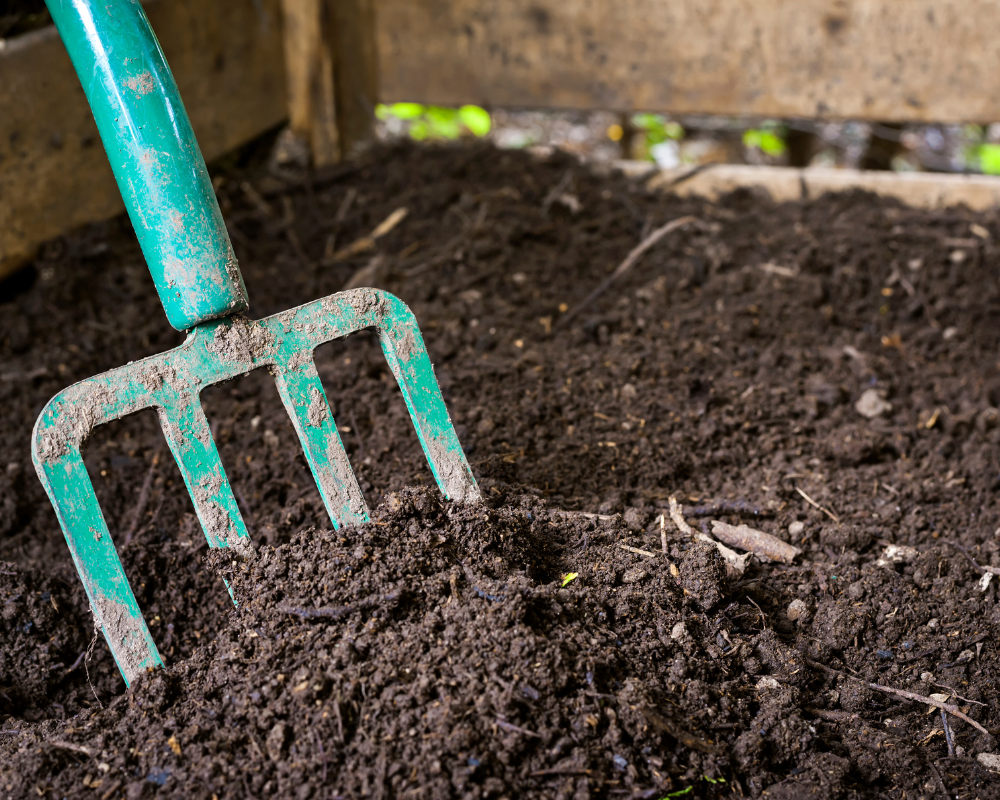
Creating a home composting bin is one of the most fulfilling and sustainable activities you can undertake. It allows you to transform kitchen scraps and yard waste from spoils to soil, enriching your garden while reducing your carbon footprint. To start, choose a suitable location in your backyard or balcony for your compost pile or bin. Consider the balance of sunlight, moisture, and air circulation required for effective microbial decomposition. Keep it accessible for easy addition of organic wastes and monitoring the important process.
When setting up your compost bin, layer green materials like fruit and banana peels, egg shells, and grass clippings with brown materials such as tea bags, dry leaves or paper to create an optimal mix of nitrogen-rich materials and carbon. This promotes decomposition while minimizing odors and pests. Regularly turning the soil structure pile will aerate it, accelerating decomposition without causing greenhouse gas emissions and foul odors caused from the temperature of the pile. Additionally, use high-quality household waste and organic material for a healthier end of the 44-day incubation period product that nourishes plants effectively.
Cultivating a Culture of Sustainability
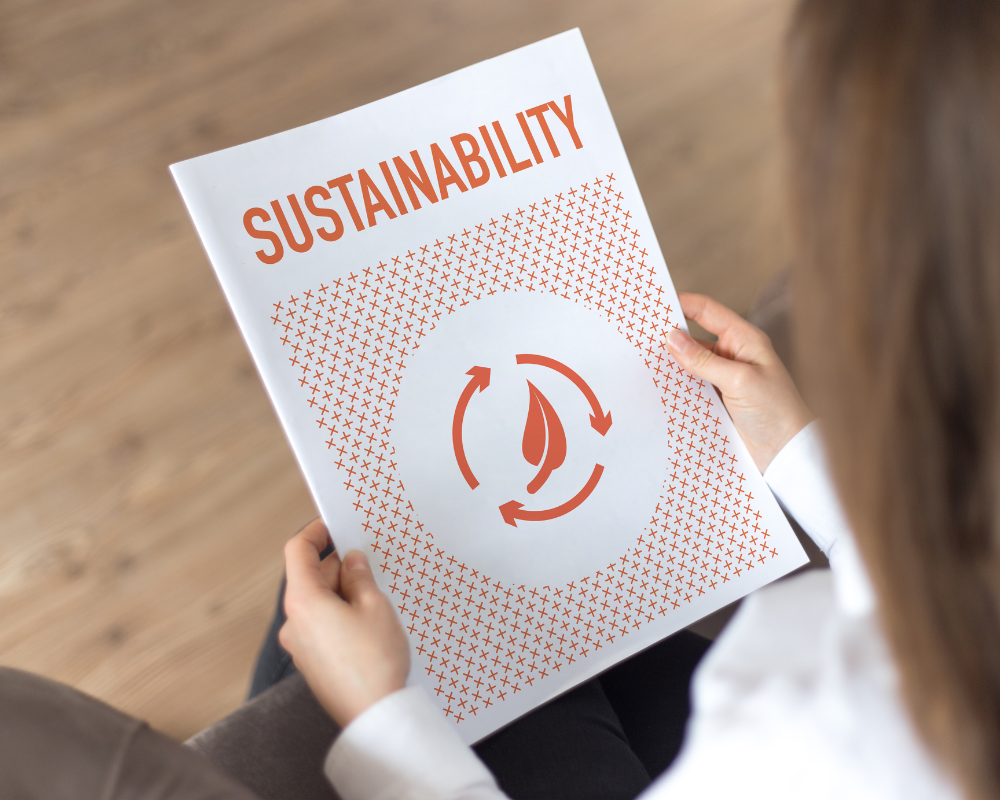
While technological innovations play a crucial role in the transition, true change requires a cultural shift in how we perceive and interact with the rapid increase of waste. Education and awareness campaigns are essential for fostering a sense of responsibility and in a good way inspiring individuals and communities to adopt sustainable best practices in their daily lives.
Government policies and corporate initiatives play a pivotal role in shaping the landscape of waste management and a great way to promoting organic compounds and sustainable alternatives. By incentivizing recycling, investing in infrastructure, and enforcing regulations to minimize waste generation and global warming, policymakers can create an enabling environment for sustainable development.
Embracing the Journey Ahead

The journey from waste food service, spoils to soil is not without its challenges, but it is a journey worth embarking on. As stewards of the planet, we have a responsibility to safeguard its resources for future generations. By embracing innovation, collaboration, environmental issues and a commitment to sustainability, we can transform waste into wealth and create a more resilient and thriving world for all.
Conclusion
The transition from spoils to soil represents a fundamental shift in how we approach waste management and resource utilization. It’s a journey that requires collective action and a shared vision for a sustainable future. By harnessing the power of innovation and embracing a circular economy mindset, we can turn the tide to zero waste and pave the way for a healthier planet and prosperous society.



